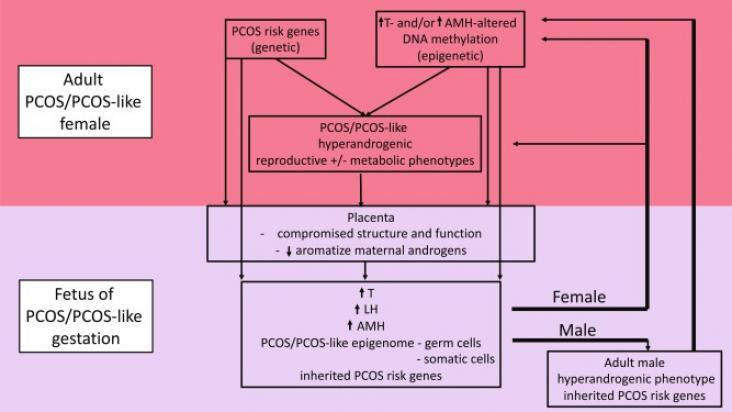This content links with Goal 3: Good health and well-being and Goal 10: Reduced Inequalities by showing how the issue of “inclusion” could be affected by the advancement of artificial intelligence (AI) in medicine through the interaction between rare diseases (RDs) and AI technology.
This content links with Goal 3: Good health and well-being and Goal 10: Reduced Inequalities by providing insights into diagnostic access for undiagnosed and rare diseases in critical care
This content links with Goal 3: Good health and well-being and Goal 10: Reduced Inequalities by providing information on the diagnosis and management of cardiovascular involvement in Fabry Disease.
This content aligns with Goal 3: Good Health as well as Goal 10: Reduced Inequalities by bringing to light research on HPV and breast cancer in women.
This chapter advances Goals 7, 16, and 10 by applying an energy justice framework and some concepts from political ecology to identify the distribution of injustices in the lithium global production network. The authors argue that power asymmetries are significant and that more inclusive decision-making processes are needed for the transition to electro-mobility to be compatible with sustainable development and social justice.
Human Caspases and Neuronal Apoptosis in Neurodegenerative Diseases, 2022, Pages 69-151
This book chapter advances SDG #3 and #10 by reviewing the latest developments in the field of clinical diagnosis and pharmacotherapeutics have provided hope to ameliorate the behavioral changes and cognitive disturbances associated with the disease.
Elsevier,
Hematology/Oncology Clinics of North America, Volume 35, Issue 6, December 2021, Pages 1181-1196
This content links with Goal 3: Good health and well-being and Goal 10: Reduced Inequalities by providing insights on rare coagulation factor deficiencies.
This book chapter advances SDG3 Good Health and Wellbeing and SDG 10 Reducing Inequalities by reviewing existing literature examining youth with disabilities involved in cyberbullying and/or cybervictimization.
Elsevier,
Polycystic Ovary Syndrome, Challenging Issues in the Modern Era of Individualized Medicine, 2022, Pages 23-38

Focuses on the evidence for PCOS pathogenesis in women and underlying molecular gateways enabling its development during hyperandrogenic gestations in animal models. Support the SDG target 3.7.1 Proportion of women of reproductive age (aged 15–49 years) who have their need for family planning satisfied with modern methods.
This content aligns with Goal 10: Reduced Inequalities by reviewing the history of colonial procurement and export of human remains and avenues for repatriation and cultural restitution.
